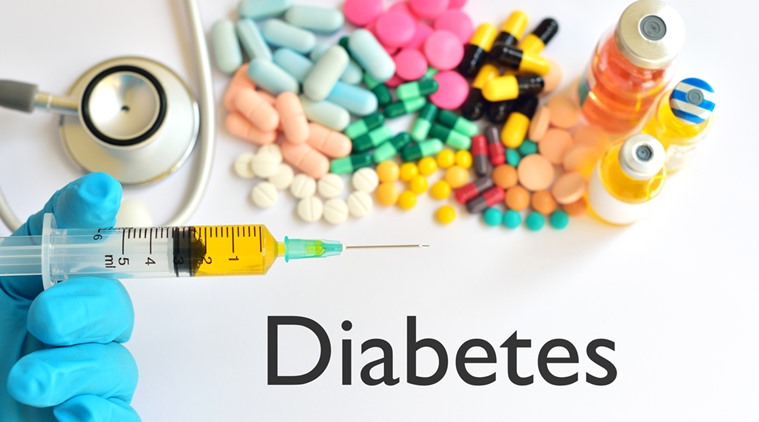The Minister made this call while speaking at the World Diabetes Foundation Nigerian Partner and Stakeholders meeting with theme: Diabetes and Non-Communicable Diseases in Nigeria – Perspectives, challenges and way forward, organized by the Federal Ministry of Health, World Diabetes Foundation (WDF) and Strategies for Improving Diabetes Care in Nigeria (SIDAIN).
The Minister who was represented by the Director Public Health, FMOH, Dr. Evelyn Ngige expressed his appreciation to partners who were working with the Federal Ministry of Health on Diabetes care and prevention. He however urged more partners to come on board to fight against diabetes and other non- communicable diseases in Nigeria.
Prof Adewole said “I wish to passionately appeal to all partners to support the Federal Ministry of Health to conduct National Survey so as to establish the current prevalence of NCDs for sound policy direction and planning in Nigeria”.
He also announced that the Federal Ministry of Health had established 6 sickle cell reference centers in 6 Federal Medical centers across the Country. These were Federal Medical Centers Ebute Meta, Lagos, Federal Medical Centre Keffi, Federal Medical Center Gombe, Federal Medical Center Yenagoa, Federal Medical Center Birnin-Kebbi and Federal Medical Center Abakaleki.
In his remarks on behalf of the Local Organizing Committee, Prof. Alebiosu C.O said that Non- Communicable Diseases (NCD) mainly diabetes, cardiovascular diseases, tuberculosis and cancer continued to pose major health challenges in the low and middle income countries including Nigeria.
He said that Nigeria with an estimated population of about 160 million people account for 4 million people with diabetes. He added that more worrisome than the number of people with diabetes was the number of those who remained undiagnosed or untreated with about 70% – 80% of the 4 million people with diabetes undiagnosed.
He said “Diabetes undoubtedly has change the landscape of health care in Nigeria over the decades. Nigeria and other developing countries are presently in epidemiological transition from communicable to non-communicable diseases and there is need to accord higher priority to NCDs in order to prevent the looming time bomb. We expressed concerned about the growing crisis of diabetes, hypertension and other NCDs in Nigeria”.




